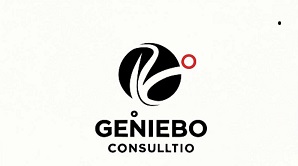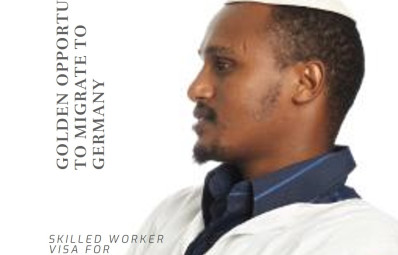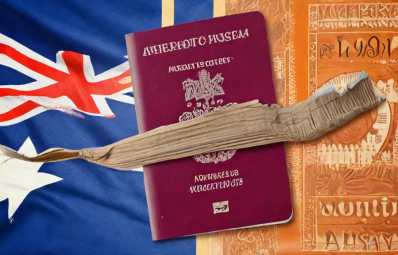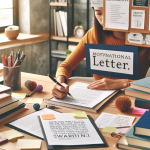Posted At: Sep 13, 2023 - 408 Views

1. What do you plan to study in your chosen country?
2. What motivated you to pursue this course?
3. How will this course help you achieve your future goals?
4. Have you visited the country before?
5. How will you finance your studies?
6. Do you have any family or friends in the country you are planning to study in?
7. What are the documents required for your visa application?
8. Are you aware of the rules and regulations of the country you are planning to study in?
9. Do you have any idea about the job market in the country you are planning to study in?
10. What measures have you taken to ensure that you are abiding by all the rules and regulations of the country you are visiting?
If you are preparing for an interview with a consular officer, it is important to remember that the consular officer is interested in interviewing you and not your family. The consular officer wants to make sure that you meet all the requirements for the visa and that you are eligible for it.
During the interview, the consular officer will ask a variety of questions about your background, your education, your work experience, and your intentions for traveling. It is important to be honest and answer the questions in a clear and concise manner. The consular officer will also likely ask for documentation to support your answers.
When a consular officer wants to interview you, the first thing to remember is that the sole purpose of the interview is to evaluate your eligibility for a visa. The consular officer will not be asking your family any questions. Instead, the officer will be asking you questions related to your eligibility for the visa and the information you provided on your visa application.
During the interview, the consular officer will be looking for evidence that you are eligible for the visa. This includes documents that prove your identity, your ties to your home country, and evidence that you intend to return to your home country after your visit. The consular officer might also ask you about your background, employment, and travel plans.
It is important to remember that the consular officer’s goal is to determine your eligibility for the visa, not to interrogate you. It is perfectly normal to feel a bit nervous or anxious during the interview, but try to remain calm and answer the questions honestly. Be sure to bring all the necessary documents with you to the interview and be prepared to answer any questions the consular officer might have.
If the consular officer decides that you are eligible for the visa, you will be issued the visa following the interview. If the consular officer decides that you are not eligible, they will explain the reasons why and may provide you with instructions on how to overcome the ineligibility.
Overall, when a consular officer wants to interview you, remember that the purpose of the interview is to evaluate your eligibility for the visa, not to interrogate you or ask questions of your family. Be sure to bring all the necessary documents with you and answer all questions honestly and to the best of your ability. With the right preparation and attitude, the interview should go smoothly and the consular officer should be able to process your visa application quickly.
It is also important to remember that the consular officer is looking for evidence that you are not a security risk and that your purpose for traveling is legitimate. Therefore, you should prepare for the interview by having all the required documents and evidence to show to the consular officer.
If you are traveling with a family member, it is important to remember that the consular officer will focus on your interview and your qualifications for the visa. Do not expect the consular officer to also interview your family member. If the consular officer requires more information, he or she may direct questions to your family member but will not conduct a separate interview.






